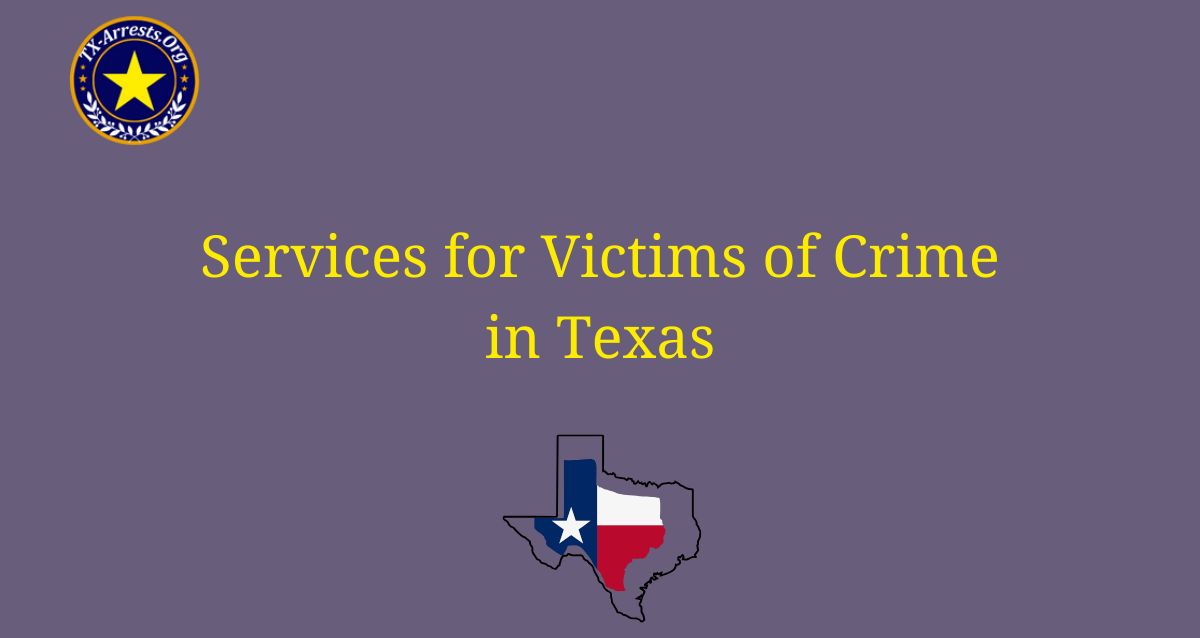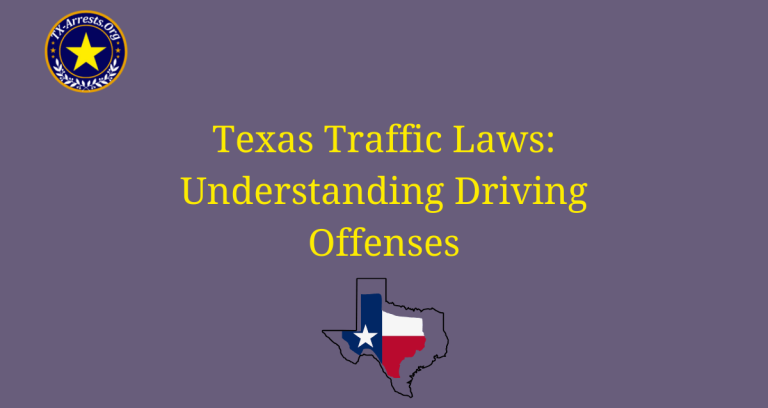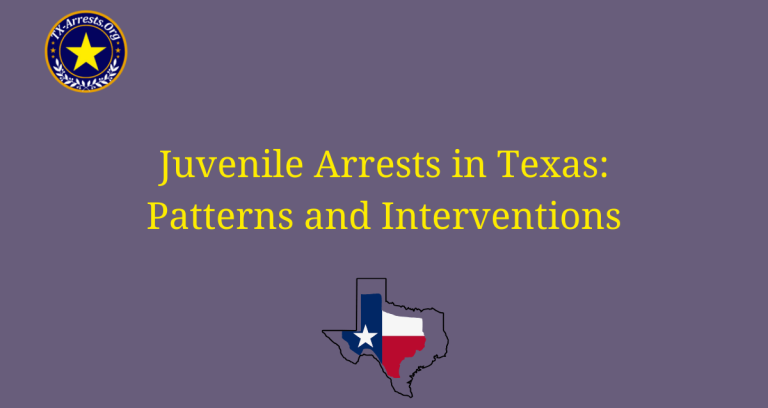Services for Victims of Crime in Texas

Victims of crime often find themselves in distressing situations, grappling with physical, emotional, and financial hardships. In Texas, various services are available to support these individuals through their journey towards recovery and justice.
Legal Rights for Victims
Victims of crime in Texas are entitled to certain legal rights outlined by the state’s laws. These rights encompass a range of protections, including the right to be informed, the right to participate in legal proceedings, and the right to receive restitution. Understanding and accessing these rights is crucial for victims seeking justice and support.
Law Enforcement Assistance
When a crime occurs, victims can turn to law enforcement agencies for assistance. Reporting a crime promptly is essential for initiating an investigation and accessing support services. Law enforcement plays a vital role in supporting victims throughout the criminal justice process, offering guidance, protection, and resources.
Crisis Intervention
Immediate assistance is often needed to address the urgent needs of crime victims. Texas offers various crisis intervention services, including hotlines staffed by trained professionals who can provide support, information, and referrals to additional resources. These services ensure that victims receive timely assistance during moments of crisis.
Counseling and Therapy
The emotional toll of experiencing a crime can be profound, impacting victims’ mental health and well-being. Counseling and therapy services are available in Texas to help victims process their trauma, manage their emotions, and rebuild their lives. These services may include individual counseling, group therapy, and specialized treatment for specific types of trauma.
Legal Assistance
Navigating the legal system can be daunting for victims, especially when seeking justice against their perpetrators. Texas offers legal assistance programs to help victims understand their rights, access legal representation, and navigate court proceedings. From pro bono legal services to victim advocacy programs, these resources aim to empower victims and ensure their voices are heard in the legal arena.
Financial Support
The financial impact of crime can be significant, often resulting in medical expenses, lost wages, and property damage. Texas provides financial support to eligible victims through compensation programs, offering reimbursement for various expenses incurred as a direct result of the crime. These programs help alleviate the financial burden on victims and enable them to focus on their recovery.
Housing Assistance
Victims of crime may find themselves in need of safe and secure housing, especially if their living situation has become untenable due to the crime. Texas offers housing assistance programs, including temporary shelters and transitional housing options, to ensure that victims have a place to stay as they rebuild their lives. These services prioritize the safety and well-being of victims and their families.
Support Groups
Connecting with others who have experienced similar traumas can be incredibly healing for victims. Texas hosts a variety of support groups and peer-led programs where victims can share their experiences, receive validation and support, and learn coping strategies for overcoming their trauma. These groups provide a sense of community and belonging for victims navigating their healing journey.
Child and Family Services
Crimes not only impact individual victims but can also have far-reaching effects on their families, particularly children. Texas offers comprehensive support services for families affected by crime, including counseling, advocacy, and resources tailored to children’s unique needs. These programs aim to strengthen family bonds and mitigate the long-term impact of trauma on children’s development.
Victim Advocacy
Advocacy organizations play a crucial role in supporting victims and ensuring their voices are heard within the criminal justice system. Texas is home to numerous victim advocacy groups that provide a range of services, including emotional support, legal advocacy, and assistance navigating social services. These organizations empower victims to assert their rights and advocate for their needs throughout the legal process.
Education and Prevention Programs
Preventing crime and supporting victims go hand in hand. Texas invests in education and prevention initiatives aimed at raising awareness about crime, promoting safety strategies, and empowering individuals to recognize and report criminal behavior. By addressing the root causes of crime and fostering a culture of safety and support, these programs strive to create safer communities for all Texans.
Specialized Services
Certain crimes, such as domestic violence and sexual assault, require specialized support services tailored to the unique needs of survivors. Texas offers a range of specialized programs and resources designed to address the specific challenges faced by victims of these crimes, including access to medical care, legal advocacy, and trauma-informed counseling. These services prioritize survivors’ autonomy, safety, and well-being.
Accessibility and Outreach
Ensuring that victim services are accessible to all Texans, regardless of their background or circumstances, is essential for promoting equity and justice. Texas engages in outreach efforts to underserved communities, including rural areas, immigrant populations, and communities of color, to ensure that all victims have access to the support and resources they need to heal and recover.
FAQs
What services are available for victims of crime in Texas?
Victims of crime in Texas have access to a range of services aimed at helping them cope with the physical, emotional, and financial impact of the crime. These services include counseling, support groups, legal assistance, emergency shelter, and financial compensation.
How can victims of crime in Texas access counseling services?
Victims of crime in Texas can access counseling services through various organizations and agencies that specialize in providing support to crime victims. These services are often free of charge and can be accessed by contacting local victim assistance programs or helplines.
What types of support groups are available for victims of crime in Texas?
There are various support groups available for victims of crime in Texas, catering to specific types of crimes or demographics. These support groups provide a safe and confidential space for victims to share their experiences, receive emotional support, and learn coping strategies from others who have gone through similar situations.
Can victims of crime in Texas receive legal assistance?
Yes, victims of crime in Texas can receive legal assistance through organizations that specialize in providing legal support to crime victims. These organizations can help victims understand their rights, navigate the criminal justice system, and provide legal representation if needed.
Are there emergency shelter options for victims of crime in Texas?
Yes, there are emergency shelter options available for victims of crime in Texas. These shelters provide a safe and secure environment for victims and their families, offering temporary housing, food, and other essential needs. They also provide support services such as counseling and case management.
Is financial compensation available for victims of crime in Texas?
Yes, financial compensation is available for victims of crime in Texas through the Crime Victims’ Compensation Program. This program provides financial assistance to victims for various expenses related to the crime, including medical bills, counseling, lost wages, and funeral expenses.






